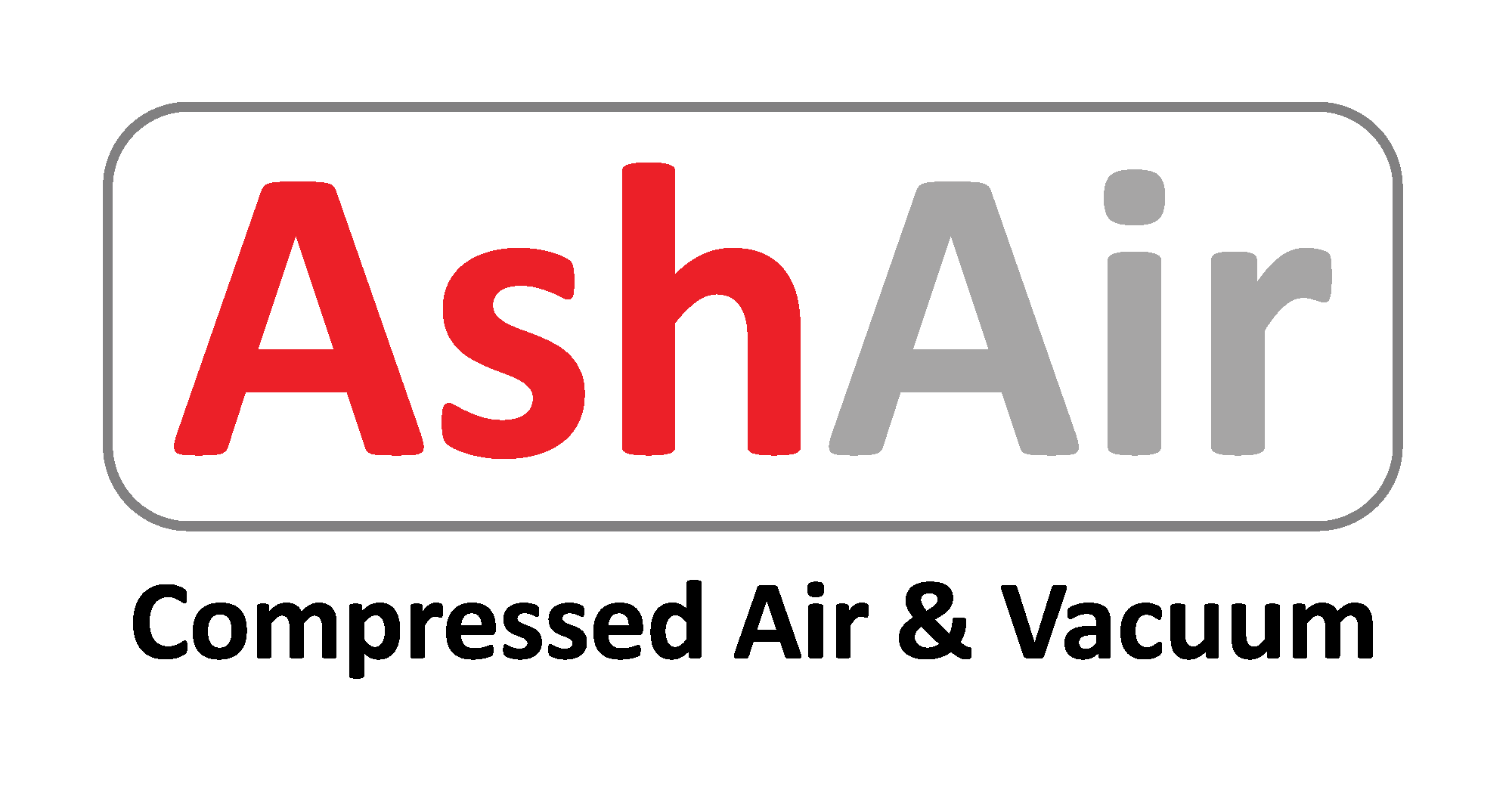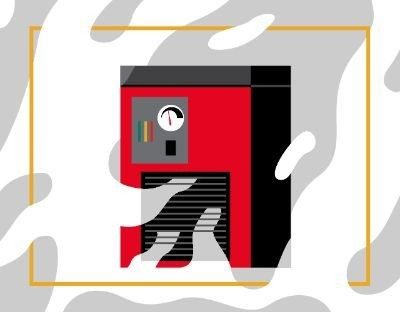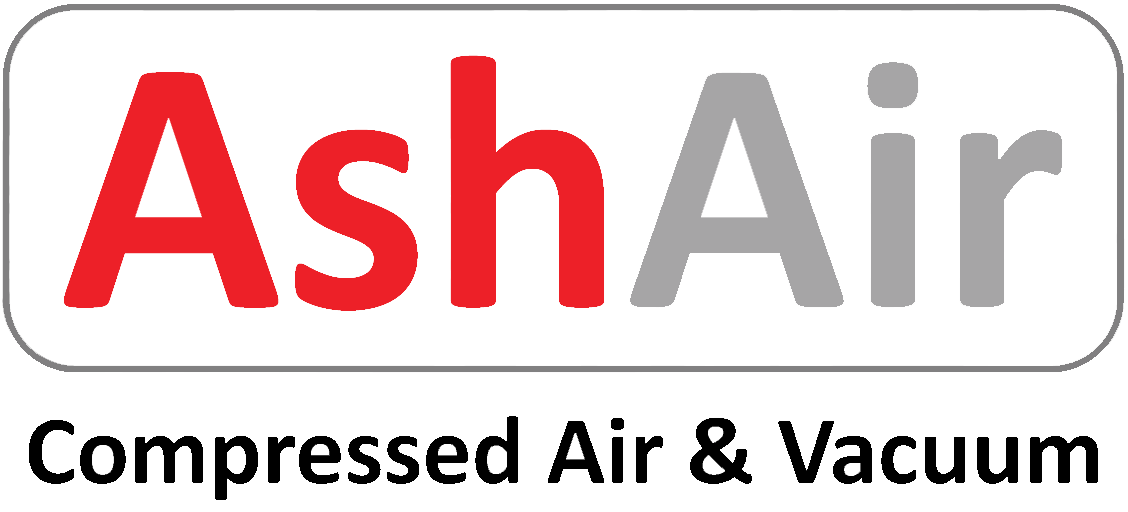Energy Audits
The benefits of a Compressed Air Audit, are the potential reductions in the operating costs for the end user; this in turn will improve the
productivity of the manufacturing process. Ash Air can tailor a compressed air audit to suit your needs. If a walk through audit is
sufficient one of our team of trained staff can carry this out, and feed this information back to you in a professional report with actions
and recommendations.
We can also offer full in depth audits; with a comprehensive data logging of your compressed air equipment on site. As a result of this, we
can propose recommendations to enhance the operation of your equipment on site. Energy represents the largest cost associated with operating
an industrial compressor and therefore represents the largest opportunity for savings. One way AshAir can help to calculate your energy
consumption is through the use of a data loggers. During off load running, fixed speed compressors deliver no air but can still consume
between 20-40% of full load power.
At Ash Air we know it's important to understand a users air demand so that the best solution can be identified in order to save energy
losses. Data Loggers can be connected to the incoming electricity supply which records a reading of the incoming Amps every 90 seconds over a
seven day period. This data is then downloaded from the data logger into a software package. Graphs and reports can be produced to simulate
and calculate energy consumption. This data can then be analysed to produce a demand profile for the compressor system and subsequently an
accurate compressor profile can be recommended. Installing the correct compressor for your system requirements is the first step in saving
energy and reducing your energy costs.
Top 10 Targets of a Compressed Air Leak Detection / Audit
Following the recommendations of a leak detection / audit usually pays for itself in a short time by saving tens of thousands of dollars in
operating expenses.
The 10 most typical, highest payback audit items are:



.jpeg)




